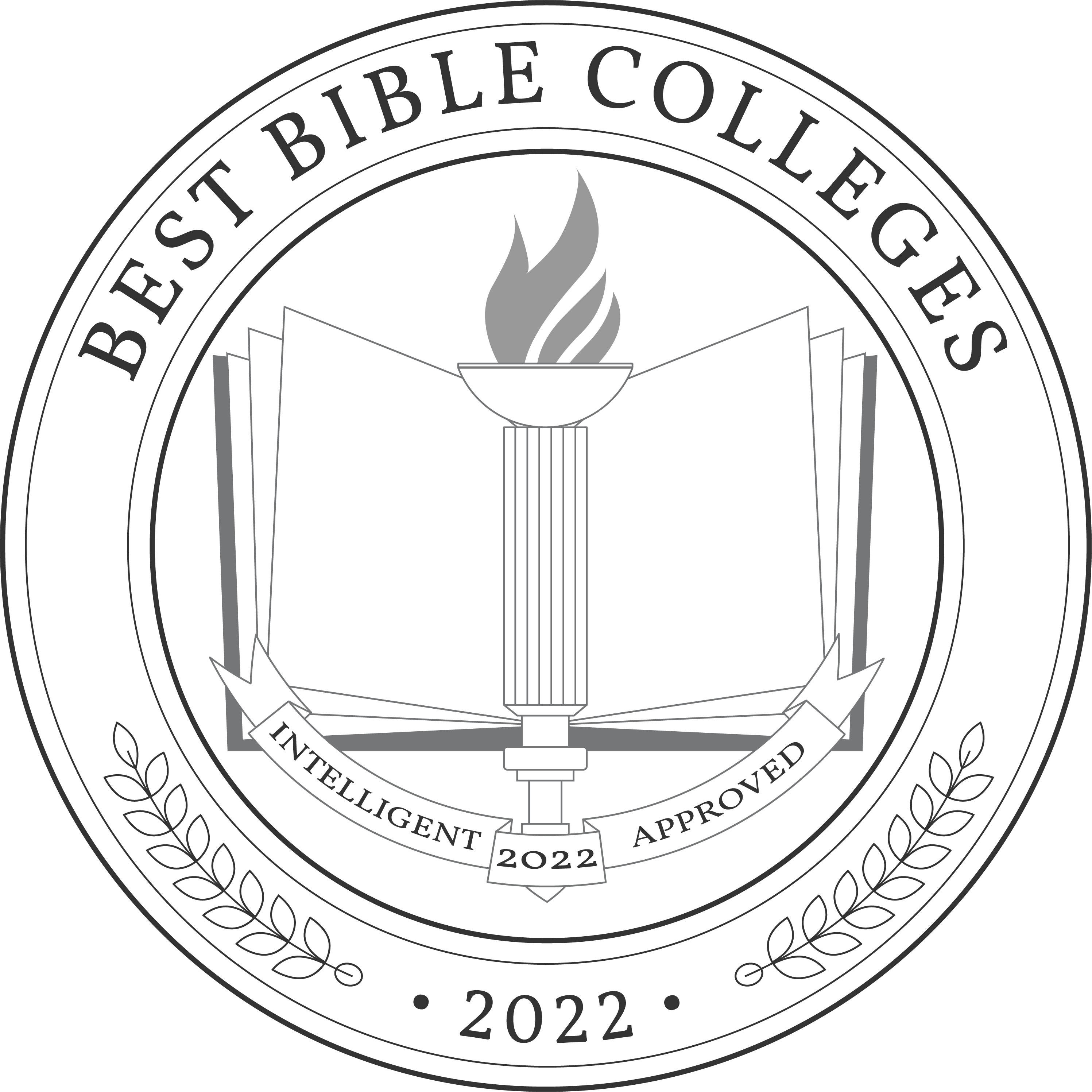Why This Matters
-
TOP 4 CAREER PATHS FOR GRADUATES OF BIBLE COLLEGES
Graduates can pursue several different careers, but the four most popular paths are becoming a member of the clergy, becoming a bible studies professor, becoming a choir director or becoming a youth or religious programs director.
-
THE FIELD IS EXPECTED TO GROW BY 15,000 JOBS IN THE NEXT 10 YEARS
According to the Bureau of Labor Statistics, there is an expectation that 9,700 new clergy jobs will arise in the next ten years and an additional 5,200 openings for directors, religious activities directors, religious educators, and other religious workers.
-
EARN $50,400 AS A CLERGY MEMBER
Though those who attend Bible college do so to achieve spiritual rather than monetary goals, the median annual wage for a member of the clergy is $50,400, while directors of religious activities and education earn an average salary of $43,860.
Our Research
Bible colleges offer a wide range of degree levels and programs to accommodate different student goals. Our list includes schools that offer Associate’s degrees appropriate for laypersons who wish to teach Sunday School, as well as undergraduate and graduate level programs in Christian ministry, pastoral ministry, Christian education, and church music. The programs listed include options that are available in person, online, and virtually, offering students a choice of whether to interact with professors and peers face to face, online, or a combination of the two.
All of the Bible schools included on our list are accredited, providing students and future employers with full confidence in the high quality of the education that they offer. Many of the Bible colleges have been accredited by the Association for Biblical Higher Education, while others have earned regional accreditation.
We evaluated each program on the basis of flexibility, faculty, course strength, cost, and reputation. Then we calculated the Intelligent Score for each program on a scale from 0 to 100. Our top picks for the best Bible Colleges program are affordable, respected, and flexible. (For a more extensive explanation, check out Our Ranking Methodology.)
- 51 hours to write this article
- 187 universities and colleges we assessed
- 343 education programs we compared
The Top 49 Bible Colleges

Discover More Options
What You Should Know About This Degree
People who are called to ministry are often confused as to whether they should choose Bible college or attend seminary. The two both focus on Bible, Christian ministry, and doctrine, but there are also important differences. Where a Bible college provides foundational teachers in ministry, its curriculum is also part of a larger undergraduate degree and will provide foundational courses in history, social science and other subjects from a biblical perspective. Seminary, by contrast, is a graduate level program that offers either Master’s or Doctoral studies and focuses on leadership, whether in ministry or teaching.
Attending a Bible college provides a strong foundation and preparation, while attending seminary takes that initial education and expands upon it. Many students make their decision about whether to move beyond their Bible college education based upon their career goals and the associated requirements.
Attending a Bible college represents a stepping stone to many potential careers. Employers seeking biblically-educated professionals need assurance that the program attended provides a high-quality education that has been reviewed and met the standards of an accrediting agency. Make sure that any program you consider has achieved this important benchmark.
Graduates of Bible colleges who move on to a career in local church ministry are advised to seek one of four available ministerial credentials. These include either a vocational or non-vocational Ministry License, a Certificate of Christian Ministry, a Certificate of Ordination or a Transfer or Ordination. Though these may not be required by a specific employer, they do provide reassurance of the individual’s calling, character, and biblical/theological capacity.
Members of the clergy and others wishing to work within religious organizations or programs generally choose their careers based on their faith and desire to serve rather than for salary. Community service and faith-based organizations continue are expected to see growth and opportunity at a steady rate over the next several years.
What’s Next?
Here are some questions to ask when researching Bible colleges:
- Am I eligible for this program? Applying for admission to Bible college is similar to the process of applying to a liberal arts program, though some programs’ requirements may have higher academic standards than others. Students will need to submit an application that is likely to require documentation of SAT or ACT scores, high school transcripts, letters of recommendation, and a personal statement. Additionally, many Bible colleges will look for proof of community involvement and a demonstration of spiritual goals.
- Are courses offered synchronously or asynchronously? The Bible colleges included on our list offer both in-person and online opportunities, and those programs offering virtual education offer both asynchronous and synchronous courses. Be sure to check the description and availability of the individual program that you are applying to so that you can be certain it will meet your needs.
Applying to college is a process that is built around strict deadlines. Because many schools require applicants to take standardized tests such as the SAT or ACT that are available on a set schedule, it is important to pay close attention to the calendar so that you can be sure to get all materials in on time for consideration.
Attending a Bible college represents a significant monetary investment. Many of these schools are private institutions, and tuition is expensive. There are numerous opportunities for scholarships and federal and state financial aid, but you need to do your research to determine which you are eligible for and apply for them in a timely fashion.
